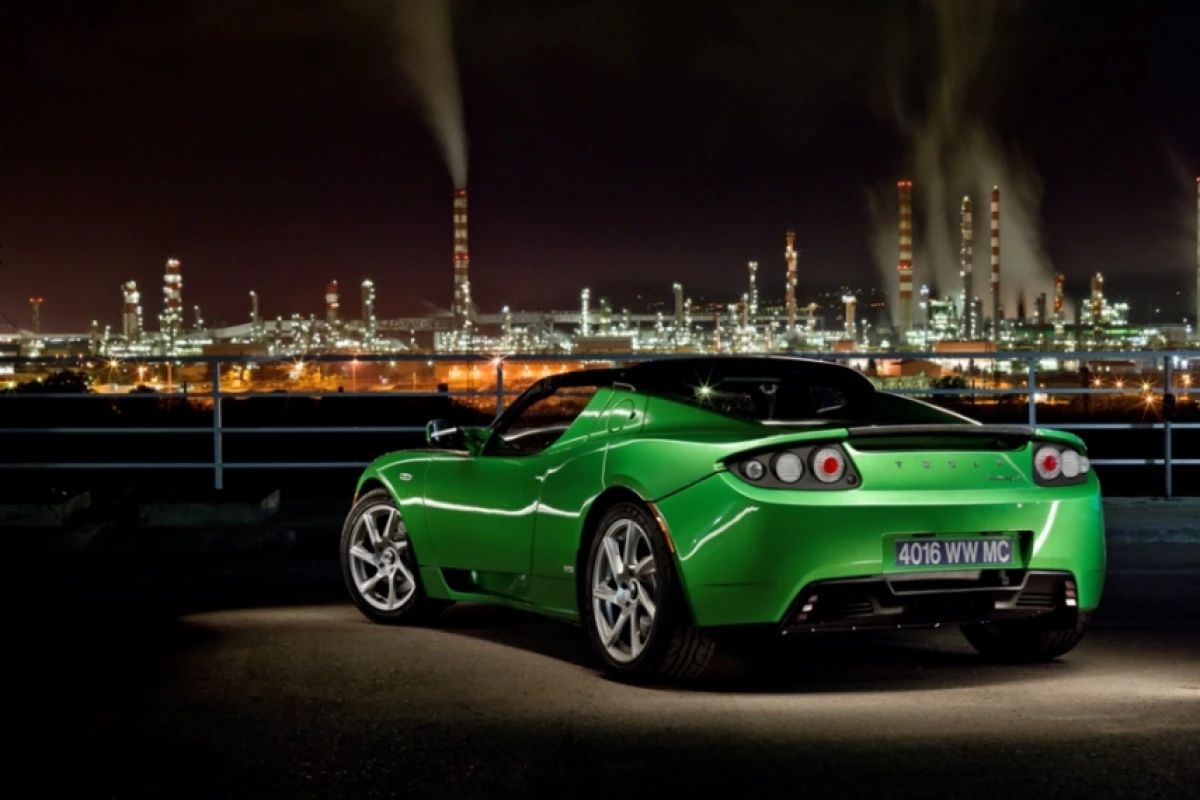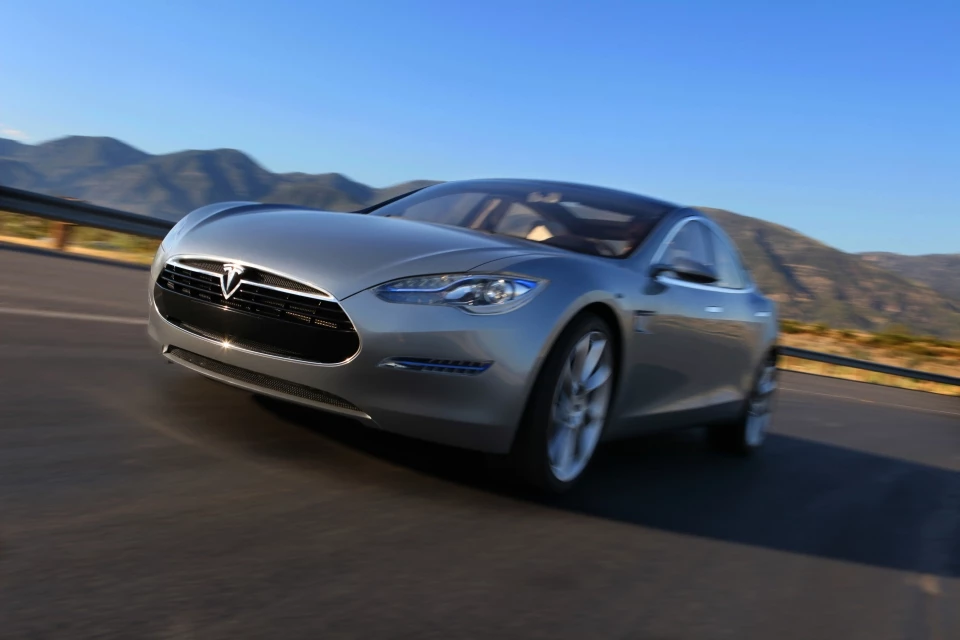When weighing up the impact of electric-vehicles on the environment two factors come to the fore. EV's produce no emissions locally, but depending on where the energy comes from, they can still be producing greenhouse gases back at the power plant ... the so called "long-tailpipe" argument. That's one. The second is batteries – or more specifically, how much energy goes into making them and what to do with the massive battery packs in these cars once they've passed their lifespan. Auto manufacturers building EV infrastructure are taking this second factor into consideration and now EV pioneer Tesla has announced a battery recycling program throughout Europe that will help reduce the carbon footprint of its vehicles.
Tesla, which expects its batteries to last 7-10 years or about 160,000 kilometers, will recycle the packs at Umicore’s UHT facility in Belgium.
The process will see the production of an alloy that will be further refined into cobalt, nickel and other metals – cobalt for example, will be refined into high grade lithium cobalt oxide for use in new batteries, which in turn reduces the carbon footprint on the manufacturing side of the equation.
Tesla says the battery recycling technology saves "a minimum of 70 percent on CO2 emissions at the recovery and refining of these valuable metals."
A slag byproduct containing calcium oxides and lithium will also be used in the production of special grades concretes.





